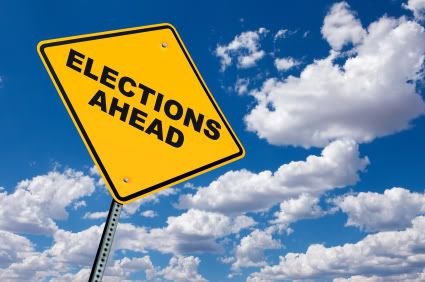Women Senate candidates are outraising men this election year. This election cycle the 18 women candidates have raised a combined $135 million. Newsmax reports:
The 18 women running for Senate this year – 12 Democrats and six Republicans – are filling their campaign coffers with cash, outraising the male opponent in many cases.
The Republicans have garnered $42 million, or $7 million each on average, while the Democrats have raised $110 million, or $9.2 million each on average, Politico reports. Women could hold a record number of Senate seats in the next Congress — 24, up from 17 now.
Republican donors are particularly eager to boost the fortunes of female Senate candidates, as the party needs to capture a net gain of just four seats to regain a majority.
Big breadwinners for the GOP include New Mexico Senate candidate Heather Wilson, who has raised $4 million, about $200,000 more than Democrat Martin Heinrich in their battle to succeed retiring Democratic Sen. Jeff Bingaman.
In Connecticut, wrestling industry titan Linda McMahon has raised a hefty $14 million for her fight against Democratic Rep. Chris Murphy to take the seat of retiring independent Sen. Joe Lieberman. To be sure, $12 million of that $14 million comes from a loan McMahon made to her campaign.
In any case, the female candidates’ financial prowess is impressive.
“What’s significant is the fact that you have so many women running in so many of these important, competitive states that that both parties are vying for,” Debbie Walsh, director of the Center for American Women and Politics at Rutgers University, told Politico. “What comes with that is the money. The parties want to win those seats.”
According to Politico, women from both parties “are piling up cash”:
Women could hold more seats in both chambers of Congress next year than ever before. In the Senate, women could add as many as seven seats to their current record high of 17. In the House, a record number of 154 women have already won their primaries this year, with 25 women still alive in primary races…
The bottom line has little to do with gender. Women candidates are standing for issues that are important to their constituencies and fueling important debates about the role and scope of government, individual liberty, the economy, and the environment.


